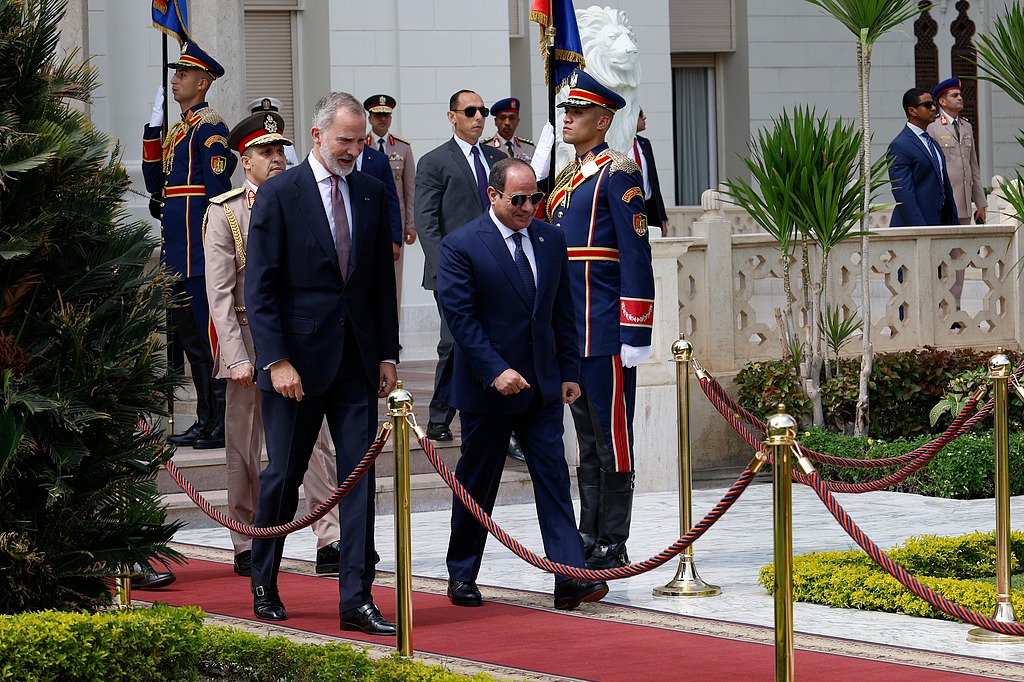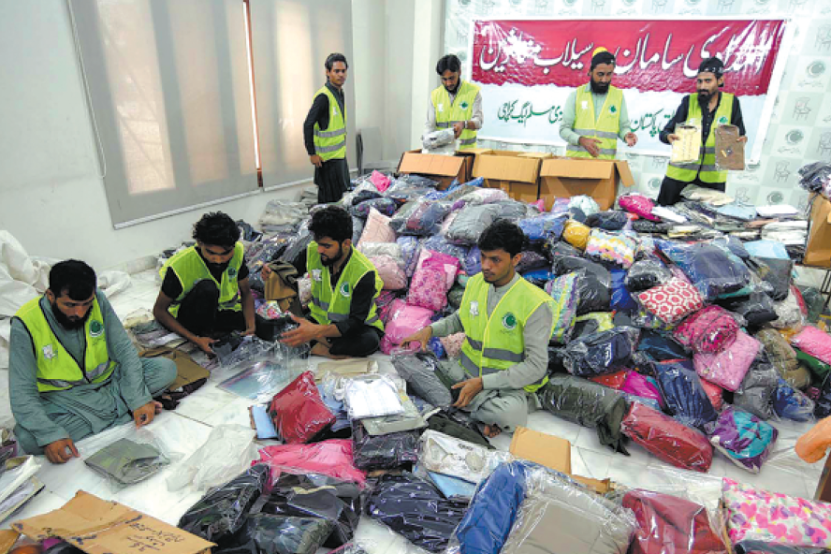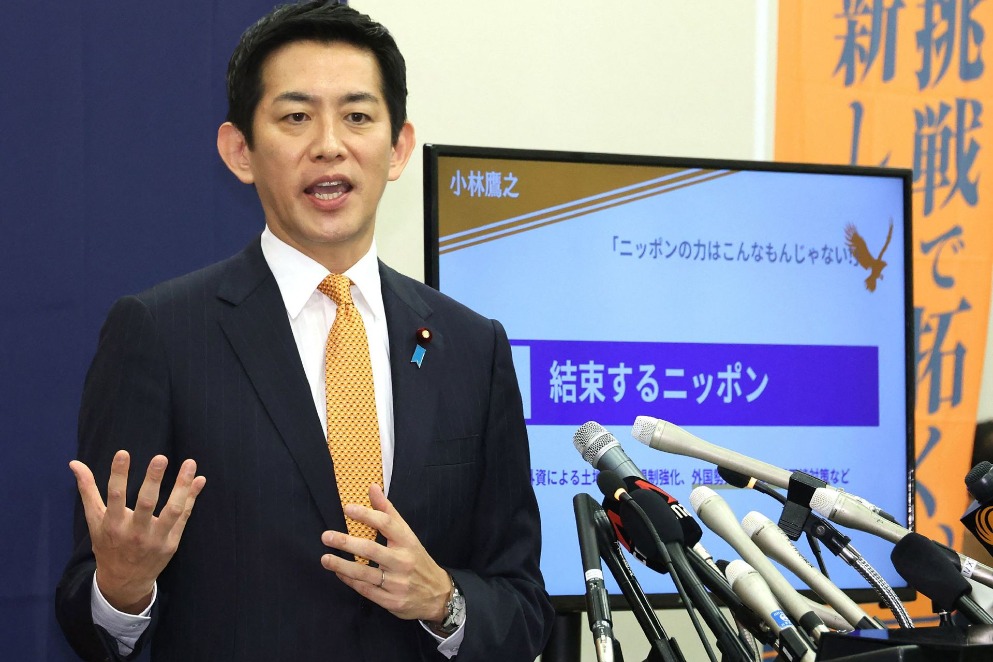China, Ghana deepen ties to fulfill FOCAC 2024 climate commitments

China and Ghana are strengthening their cooperation to deliver on the climate commitments made at the 2024 Forum on China-Africa Cooperation (FOCAC) summit, rolling out joint initiatives in renewable energy, youth training and technology transfer. The move signals a shift from high-level pledges to concrete actions aimed at accelerating green development and boosting climate resilience.
At the FOCAC summit, held in Beijing in September last year, China proposed a three-year plan that includes launching 30 new clean energy projects in Africa, establishing a meteorological early-warning platform, and enhancing cooperation in disaster prevention and biodiversity conservation.
Issifu Seidu, Ghana's minister of state for climate change and sustainability, said the two countries are set to sign a memorandum of understanding to formalize their climate partnership.
Speaking at the first Ghana-China Climate Summit in Ghana's capital Accra on Tuesday, Seidu said the MoU will institutionalize collaboration and align both nations' efforts with FOCAC goals.
He also proposed launching a Ghana-China Climate Business Summit to highlight leading innovations in addressing climate change.
"It will bring together investors, entrepreneurs, financiers, and innovators to explore opportunities in renewable energy, circular economy, green agriculture, digital sustainability, and climate-resilient infrastructure," Seidu said.
He added that such a summit would position Ghana as a gateway for China's broader green engagement with Africa, while promoting Ghana's emerging innovations, youth-led enterprises, and investment opportunities to the Chinese market.
"Ghana stands ready to work with China and all partners to ensure that our shared economy is one of resilience, prosperity, and sustainability," Seidu said. "Together, let us build a future where our infrastructure is built to last, our economies are green and inclusive, and our people are empowered to thrive in harmony with nature."
Tong Defa, Chinese ambassador to Ghana said China is willing to share technology and expertise with Ghanaians, especially the youth through training programs.
He noted that Chinese companies are eager to partner with Ghanaian businesses, as the country's clear regulations and structures support strong local participation.
"Hundreds of Chinese enterprises have invested in infrastructure, manufacturing, mining, aviation, green energy, and petroleum refining in Ghana, creating jobs for local people, advancing industrialization, and safeguarding energy security," Tong said.
Allswell Abankwa, head of the Climate Change and Sustainability Office at the Bank of Ghana, highlighted Ghana's significant investment opportunities for Chinese firms in solar power systems to reduce dependence on the national grid.
He also pointed to the electric-vehicle sector and concessional loans for financial institutions, which could be on-lent to startups and small businesses, including women and youth-led enterprises.
Abankwa further proposed staff exchanges between Ghanaian and Chinese central banks and joint training for young professionals to bridge knowledge gaps and help Ghanaian innovators attain the expertise Chinese firms have developed.
Mabel Laryea, project coordinator at the Green Africa Youth Organization, said young people are fully committed to climate action through innovations such as converting plastics into chairs, glass waste into concrete, and organic waste into compost. She, however, stressed that funding remains the greatest barrier.
Laryea added that youth-led organizations are often invited to summits for the sake of "representation", but their recommendations rarely influence policy or boardroom decisions.
Bureaucracy also hampers their operations, while gaps in proposal writing, financial management, and impact measurement further limit their access to funding.
She urged China and Ghana to design programs that upskill young people in renewable energy and green technologies, enabling them to turn existing ideas into viable enterprises and green jobs.
Gordon Kwesi Adomdza, executive director of the China-Europe International Business School Africa, noted that despite the growth of climate finance, Ghanaian innovators face bureaucratic red tape, fragmented ministries, political discontinuity and skills gaps.
"A government launches a project, and by the time a new administration takes over, precious time is lost – this affects how projects cascade down to the various stakeholders who need to be engaged," Adomdza said.
He called for a coordinated, whole-of-government approach, improved policy alignment, and dedicated capacity-building for innovators.
Adomdza said by reducing bureaucratic bottlenecks, harmonizing ministries' efforts, and investing in skills development, Ghana together with China can unlock climate finance at scale and accelerate the country's transition to a greener economy.

































